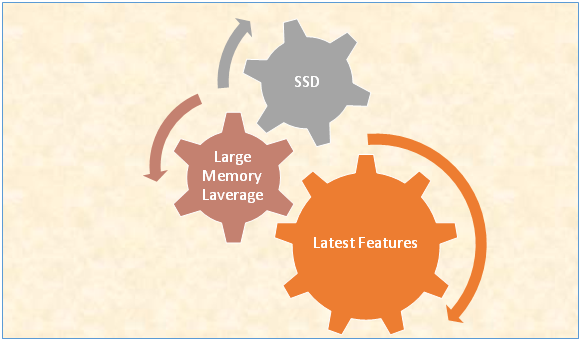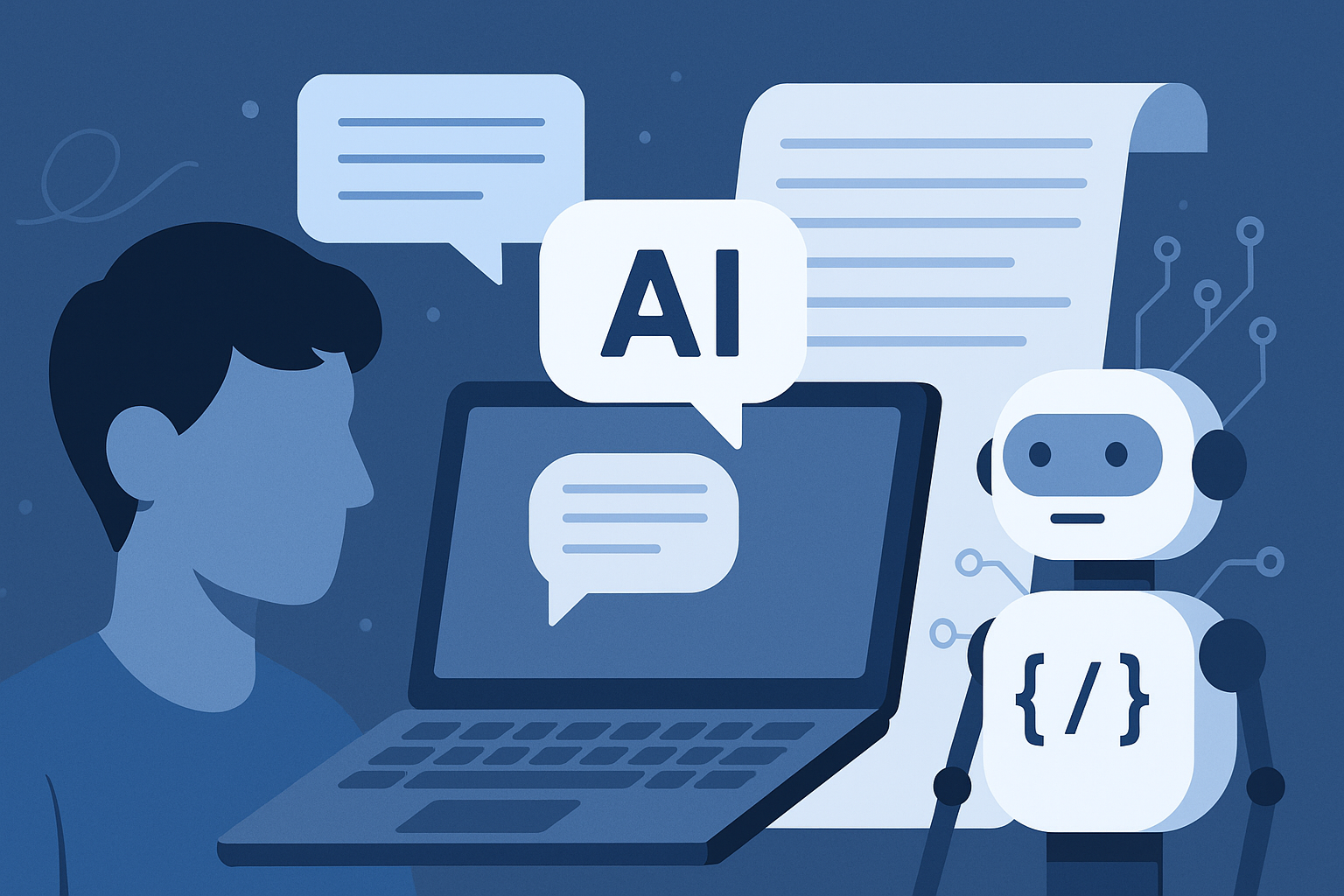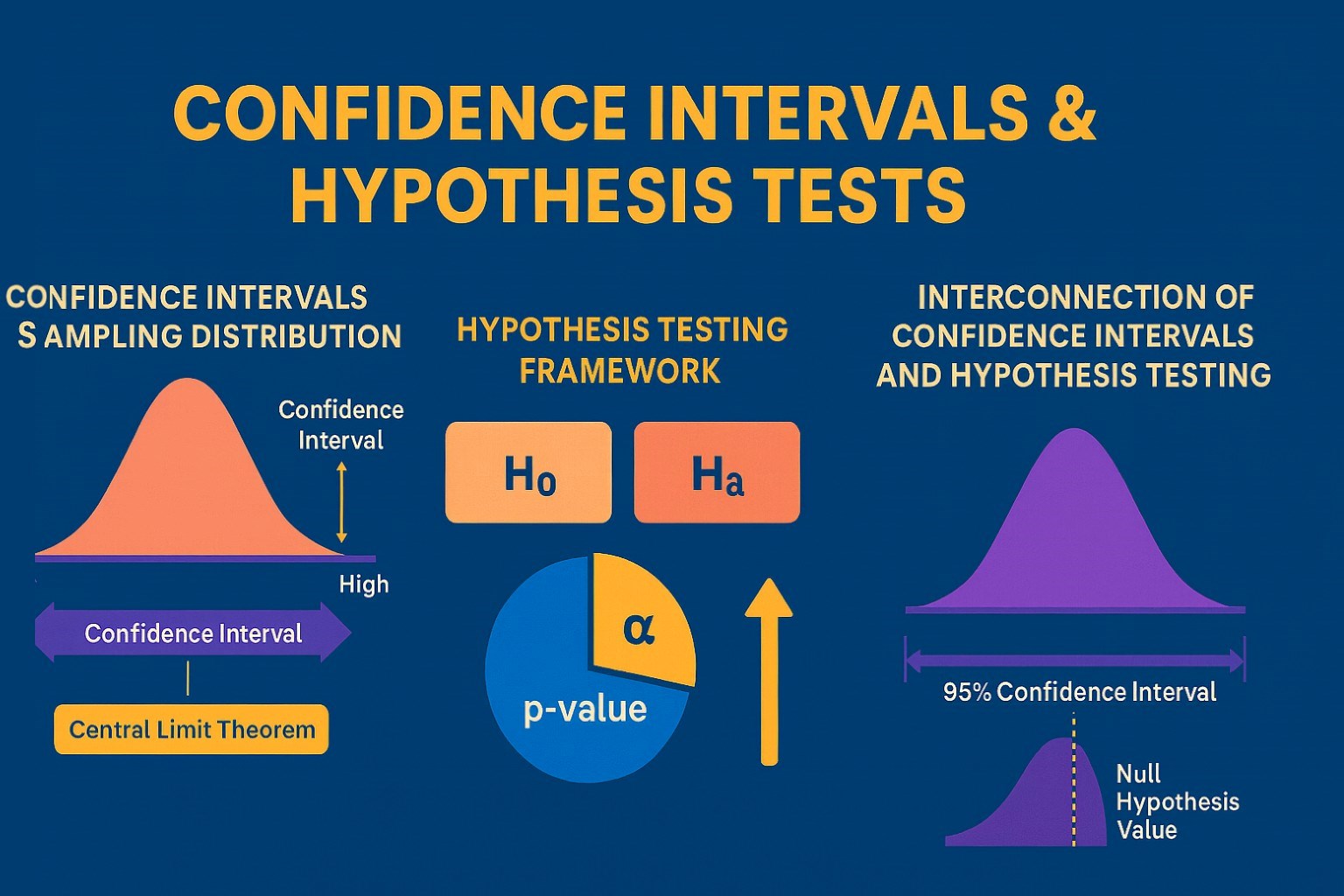The New Oracle Database 11G- What’s It All About?
Produced and launched by Oracle Corporation as a flagship project, Oracle Database or Oracle RDBMS is an object-relational database management system. This has proprietary OTN standard license. Oracle provides its database management system in 63 language versions which include the variations between versions, say American English and British English. Some of the language versions are Arabic, Chinese, Czech, Dutch, Finnish, Portuguese, Russian, Spanish, Swedish, Thai, Turkish etc. Oracle also provides database developer tools and mechanisms which are referred as ‘Globalization’. Oracle Forms, Oracle JDeveloper, Oracle Reports are some of the tools offered.
TheOracle database management system consists of at least one instance of the application along with the data storage. In Oracle RDBMS, the data is stored physically in the form of data files and logically as tablespaces. Such tablespaces can have different types of memory segments like data segments and index segments. Oracle RDBMS also provides portioning feature which allows the partitioning of tables to manage larger data sets based on different set of keys. The monitoring or tracking of computer data storage is done using the information stored in ‘System’ tablespace. The ‘System’ tablespace comprises the data dictionary by default which in turn comprises indexes and clusters.
Process architecture of Oracle RDBMS depends on a collection of processes which simultaneously run in the background, interact with the monitor and perform database actions. The Oracle terminology differentiates the usually used computer terms based on the user interaction with the database.
(1) Invocation of the software application based on user processes
(2) Pathway linking the user processes to the Oracle instance
(3) Sessions which connect to the Oracle instance using session identifiers called ‘SID’.
In the System Global Area, Oracle DBMS uses ‘locks’ and ‘latches’ to control simultaneous access to data resources and to protect shared data structures.Oracle DBMS uses various protocols to allow remote applications to access or interact with the Oracle database via network sessions.

The Oracle Database 11G provides a better business perspective as its server enables high-speed transactions and robust software. It provides options to build sophisticated and high-quality database applications. By implementing Oracle 11G database, one could guarantee high integrity and security of the Organization’s data. Oracle 11G version has provided a better version of RAC and ASM ClusterFile System.
The new 11G version of DBMS makes the database more robust, efficient and easy to manage. Here are few pointers which outline the working of new features in Oracle 11G.
- Database Replay
This tool has the capability to capture SQL statements and replay them when needed.
- Partitioning
It is a very compelling feature in 11G, which ensures ease of designing and managing the database tables. Internal, Referential, Virtual Column partitioning are the new sub-partitioning options which are introduced.
- Edition-Based Redefinition
One could update or patch application’s data objects making sure that the application is running without any interruption.
- Schema Management
One can easily add the columns with defaults values and check out virtual columns, invisible indexes, and read only tables.
- Patching and Upgrades, RAC One Node, and Clusterware
Enabling a single name for the cluster, enabling HA for a single-instance database, ASM updates, and much more.
- Data Warehousing and OLAP
Query Rewrite extensions, Cube Organized MVs, a new Analytic Workspace Manager etc.
- PL/SQL Performance and efficient coding
Explore in-lining of code, PLS timer, "real" native compilation etc.
- Transaction Management
Provides Flashback Data Archive and Enterprise Manager's LogMiner interface
- Security
Provides Tablespace Encryption, case-sensitive passwords, data masking, and other security features
- SQL Performance Analyzer & Real-Time SQL Monitoring
Predict changes on the actual SQL statements and monitor real-time SQL performance.
- Oracle Exadata Simulator
- SQL Plan Management
- Automatic memory management, multicolumn statistics, online patching, and many more features.
- SQL Access Advisor to advise on optimal table design
- SQL Operations: Pivot and Unpivot
- Backup and Recovery using Data Recovery Advisor
- Achieve Resiliency using Automatic Health Monitor and Automatic Diagnostic Repository.
- Automatic Storage Management and advanced data compression techniques
- Caching and Pooling
- Data Guard
- SecureFiles and much more extensive features.
It is the most appropriate time for the professionals to opt for Oracle database 11G training to take their career to the next level.
Find a course provider to learn Oracle Database 11g
Java training | J2EE training | J2EE Jboss training | Apache JMeter trainingTake the next step towards your professional goals in Oracle Database 11g
Don't hesitate to talk with our course advisor right now
Receive a call
Contact NowMake a call
+1-732-338-7323Enroll for the next batch
Learn Oracle 11g Certification Course
- Dec 11 2025
- Online
Learn Oracle 11g Certification Course
- Dec 12 2025
- Online
Latest blogs on technology to explore

From Student to AI Pro: What Does Prompt Engineering Entail and How Do You Start?
Explore the growing field of prompt engineering, a vital skill for AI enthusiasts. Learn how to craft optimized prompts for tools like ChatGPT and Gemini, and discover the career opportunities and skills needed to succeed in this fast-evolving indust

How Security Classification Guides Strengthen Data Protection in Modern Cybersecurity
A Security Classification Guide (SCG) defines data protection standards, ensuring sensitive information is handled securely across all levels. By outlining confidentiality, access controls, and declassification procedures, SCGs strengthen cybersecuri

Artificial Intelligence – A Growing Field of Study for Modern Learners
Artificial Intelligence is becoming a top study choice due to high job demand and future scope. This blog explains key subjects, career opportunities, and a simple AI study roadmap to help beginners start learning and build a strong career in the AI

Java in 2026: Why This ‘Old’ Language Is Still Your Golden Ticket to a Tech Career (And Where to Learn It!
Think Java is old news? Think again! 90% of Fortune 500 companies (yes, including Google, Amazon, and Netflix) run on Java (Oracle, 2025). From Android apps to banking systems, Java is the backbone of tech—and Sulekha IT Services is your fast track t

From Student to AI Pro: What Does Prompt Engineering Entail and How Do You Start?
Learn what prompt engineering is, why it matters, and how students and professionals can start mastering AI tools like ChatGPT, Gemini, and Copilot.

Cyber Security in 2025: The Golden Ticket to a Future-Proof Career
Cyber security jobs are growing 35% faster than any other tech field (U.S. Bureau of Labor Statistics, 2024)—and the average salary is $100,000+ per year! In a world where data breaches cost businesses $4.45 million on average (IBM, 2024), cyber secu

SAP SD in 2025: Your Ticket to a High-Flying IT Career
In the fast-paced world of IT and enterprise software, SAP SD (Sales and Distribution) is the secret sauce that keeps businesses running smoothly. Whether it’s managing customer orders, pricing, shipping, or billing, SAP SD is the backbone of sales o

SAP FICO in 2025: Salary, Jobs & How to Get Certified
AP FICO professionals earn $90,000–$130,000/year in the USA and Canada—and demand is skyrocketing! If you’re eyeing a future-proof IT career, SAP FICO (Financial Accounting & Controlling) is your golden ticket. But where do you start? Sulekha IT Serv

Train Like an AI Engineer: The Smartest Career Move You’ll Make This Year!
Why AI Engineering Is the Hottest Skillset Right Now From self-driving cars to chatbots that sound eerily human, Artificial Intelligence is no longer science fiction — it’s the backbone of modern tech. And guess what? Companies across the USA and Can

Confidence Intervals & Hypothesis Tests: The Data Science Path to Generalization
Learn how confidence intervals and hypothesis tests turn sample data into reliable population insights in data science. Understand CLT, p-values, and significance to generalize results, quantify uncertainty, and make evidence-based decisions.